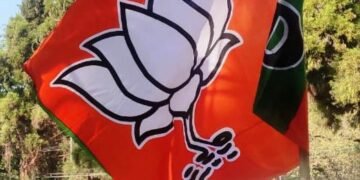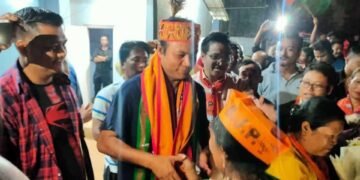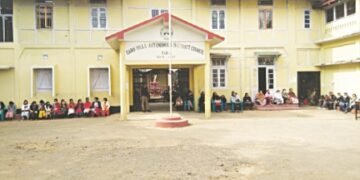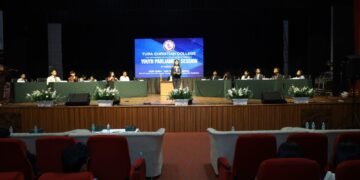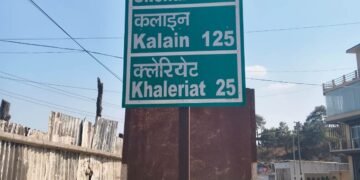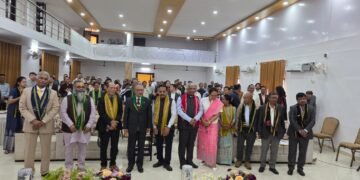The Union cabinet has approved bills to implement the “One Nation, One Election” initiative, marking a significant step towards simultaneous election in the country. The decision is based on recommendations made by a high-level committee led by former President Ram Nath Kovind. The proposal aims to synchronise Lok Sabha, Assembly, urban body, and panchayat elections across the country and conduct them within a 100-day timeframe. The government believes this initiative would enhance efficiency, reduce costs, and minimise disruption caused by frequent elections in the country.
The cabinet’s approval follows its earlier nod in September for the “One Nation, One Election” proposal. A comprehensive bill outlining the legal framework and operational details is likely to be introduced soon, paving the way for its implementation. Following the cabinet’s approval, Prime Minister Narendra Modi praised the decision, calling it a significant step towards enhancing India’s democracy. While the buzz is that the government is likely to push the ‘One Nation, One Election’ in Parliament during the ongoing session, ministers and leaders from the ruling alliance have remained tight lipped.
Since coming to power in 2014, Prime Minister Narendra Modi has often advocated holding all elections together, from Lok Sabha to state assemblies and local bodies, arguing that this will orient various elected bodies fully towards development as the current cycle of frequent polls across the country hampers work. In November 2020 while addressing a conference of presiding officers he had said, “One nation, one election is not only a subject of debate but a necessity for India. There is an election in India every month, which hampers development. Why should the country waste so much money?”
The Modi government is preparing to introduce a bill in the Parliament during the current session. However, there is likelihood that the bill would be referred to a Joint Parliamentary Committee (JPC) for detailed discussions with representatives of all political parties, aiming to build consensus on the proposal. The legislative process to implement simultaneous elections involves three bills, but only two of these bills, which were cleared by the cabinet, are expected to be introduced in Parliament. Two of the bills aim to amend the Constitution to enable the government’s plan for holding simultaneous elections in a phased manner.
These amendments include provisions to modify Articles 82A, 83(2), and 327 to facilitate the synchronisation of elections, with changes to the end of terms for the Lok Sabha and state assemblies, and the dissolution of these bodies. The bills will also amend Article 327 to include the term “simultaneous elections.” The third bill seeks to amend provisions in three laws governing Union Territories with legislative assemblies—Puducherry, Delhi, and Jammu and Kashmir. This bill aims to align their terms with those of other legislative bodies and the Lok Sabha.


